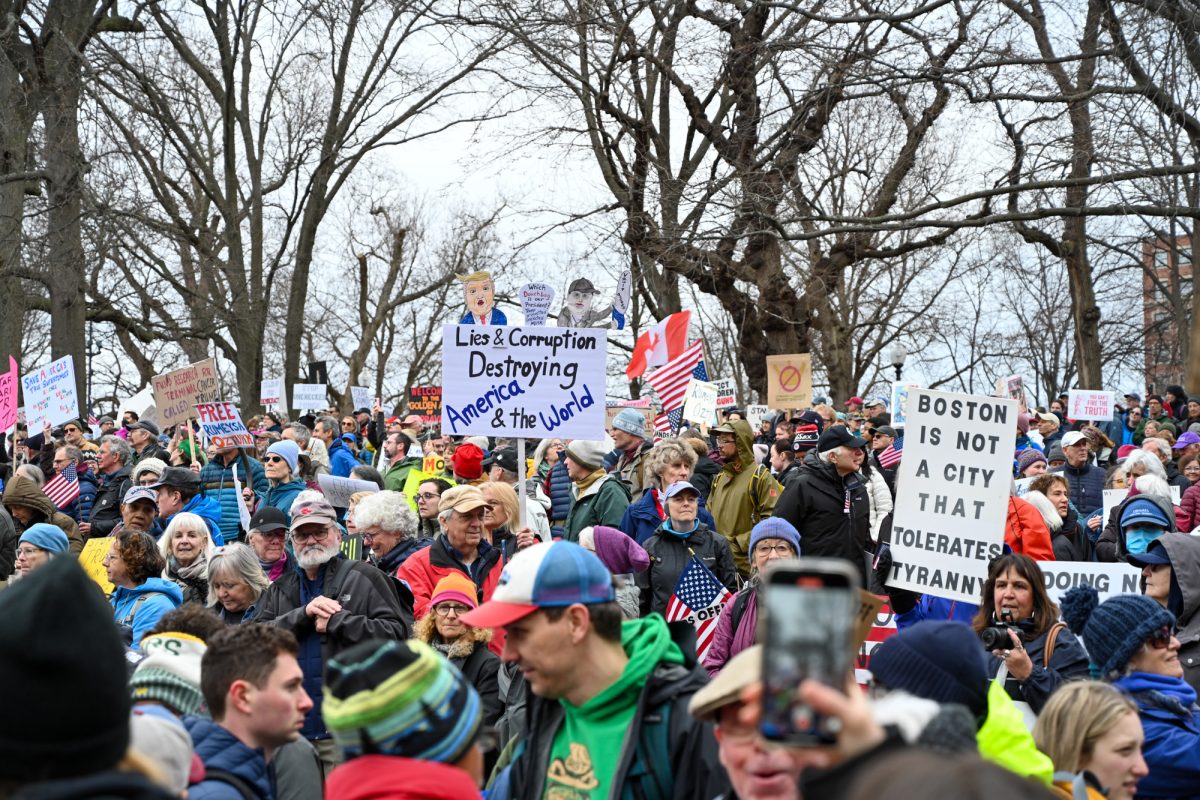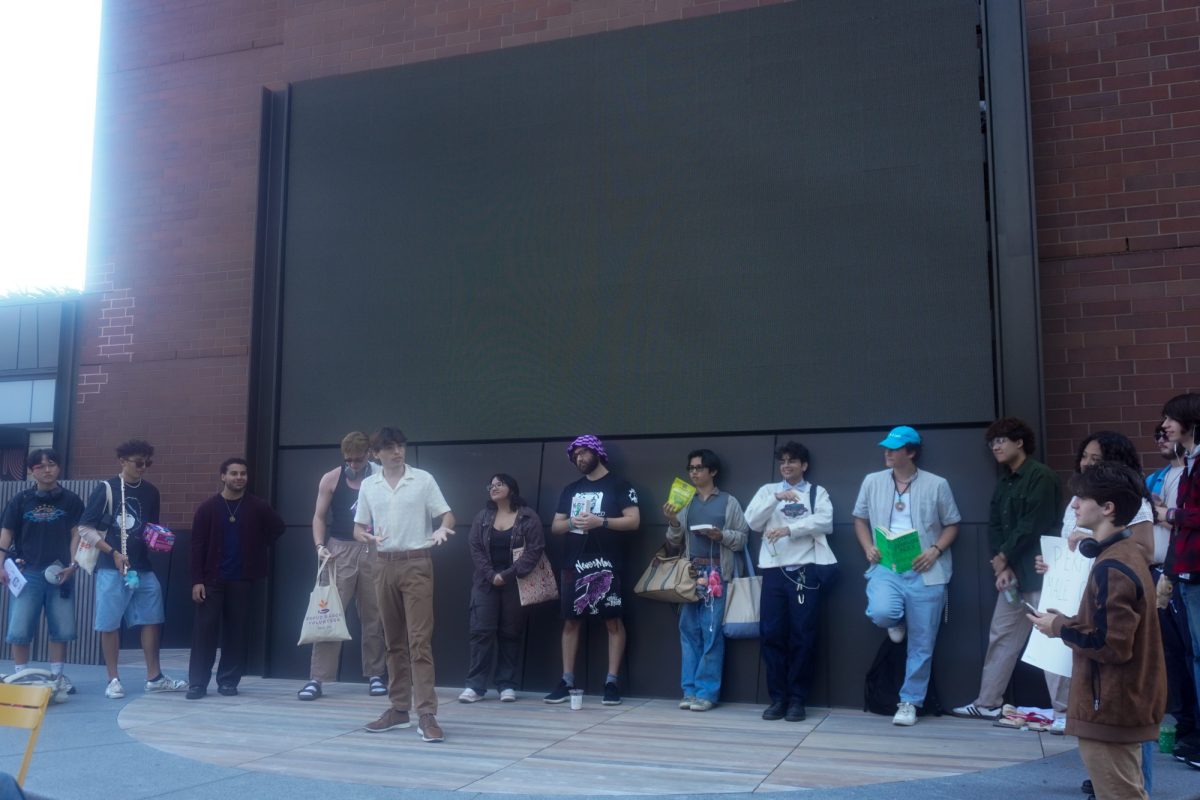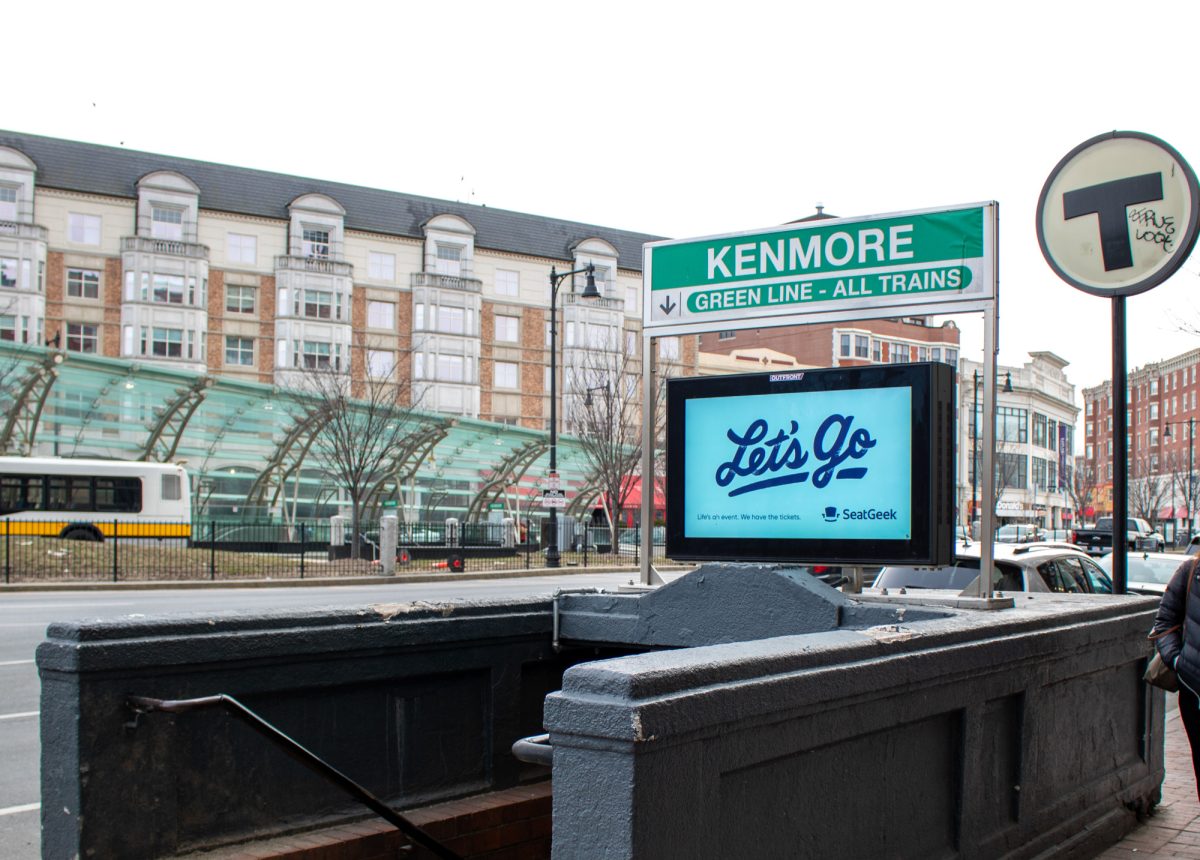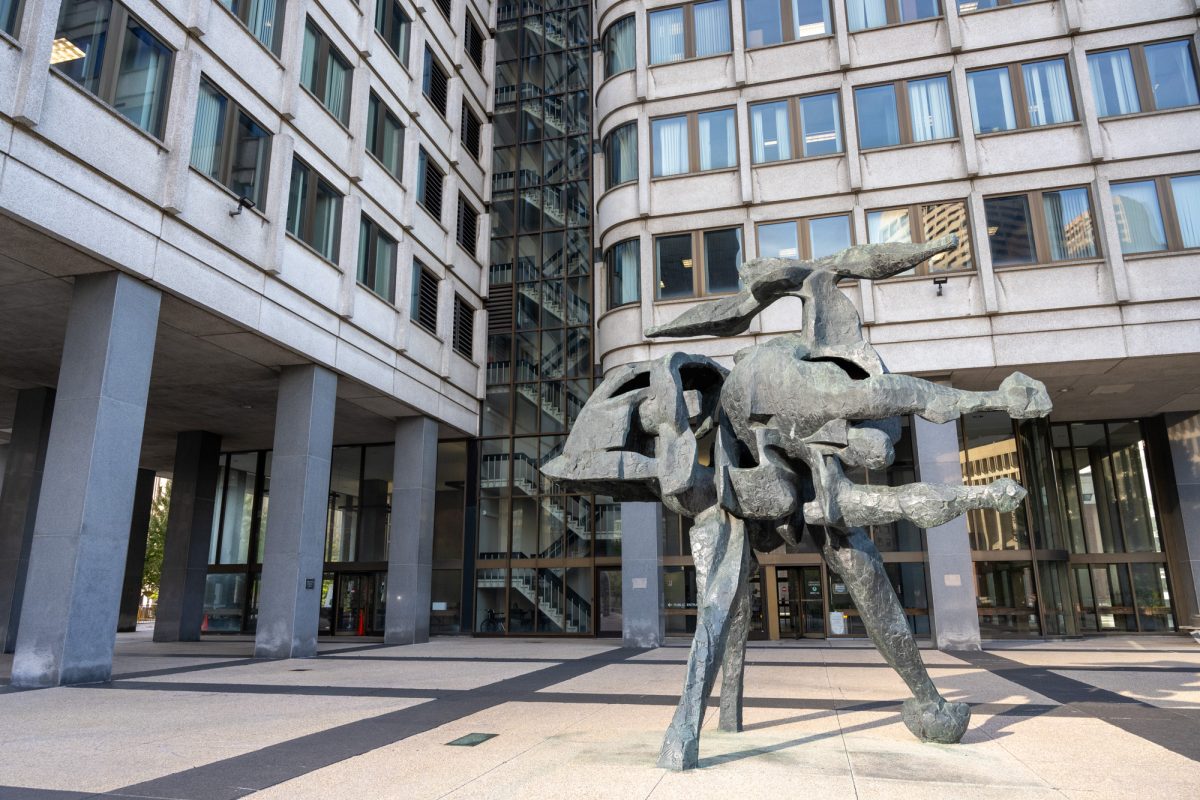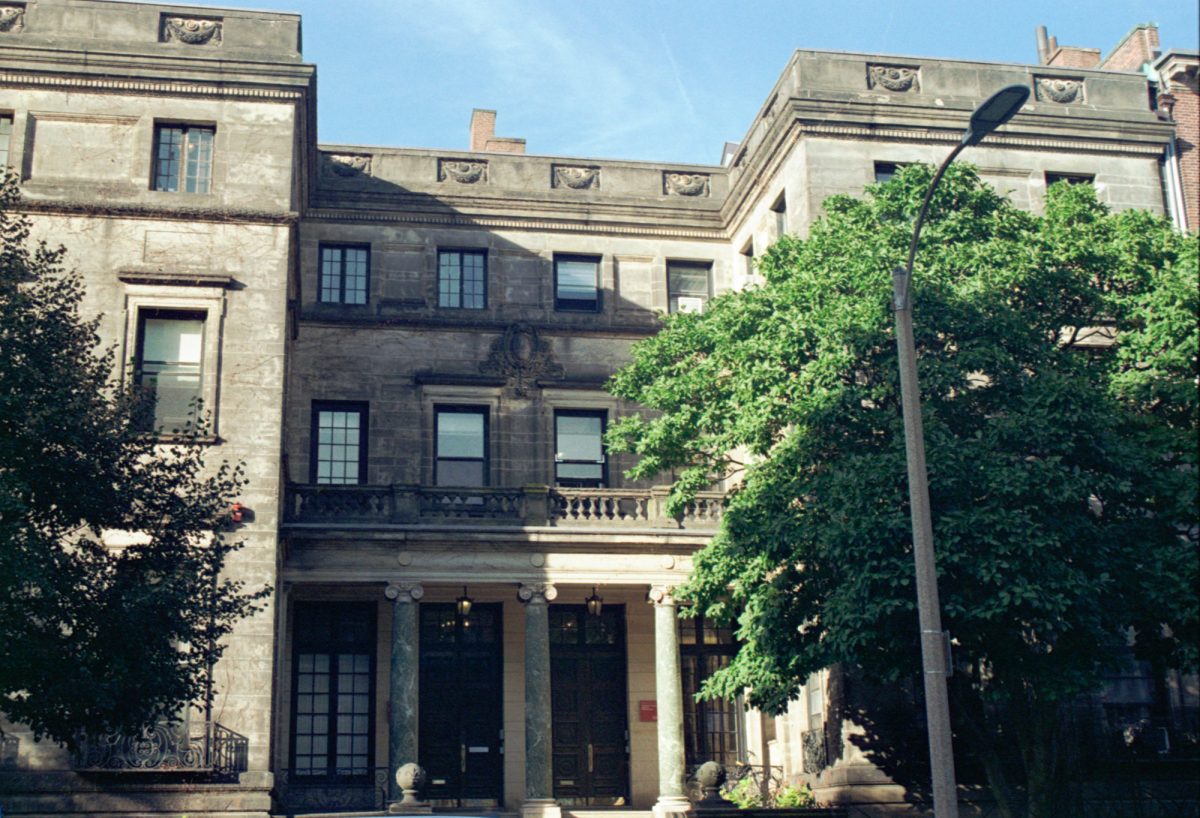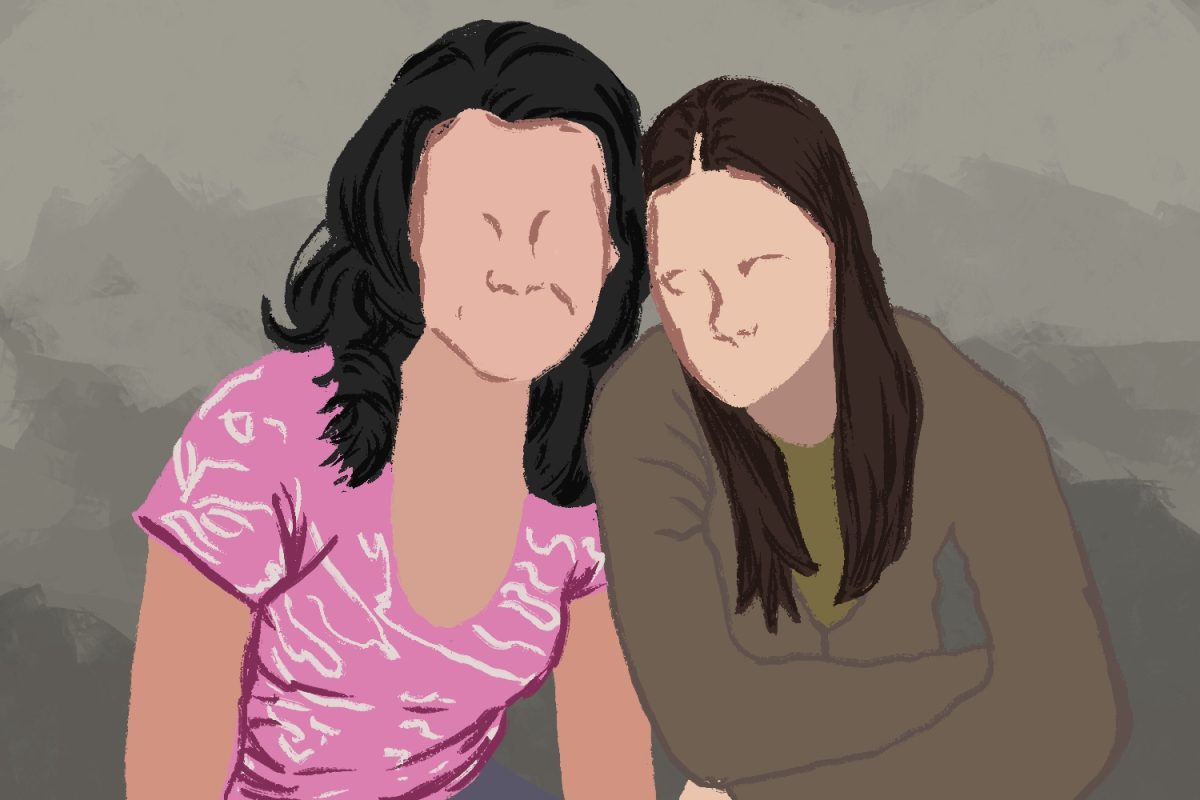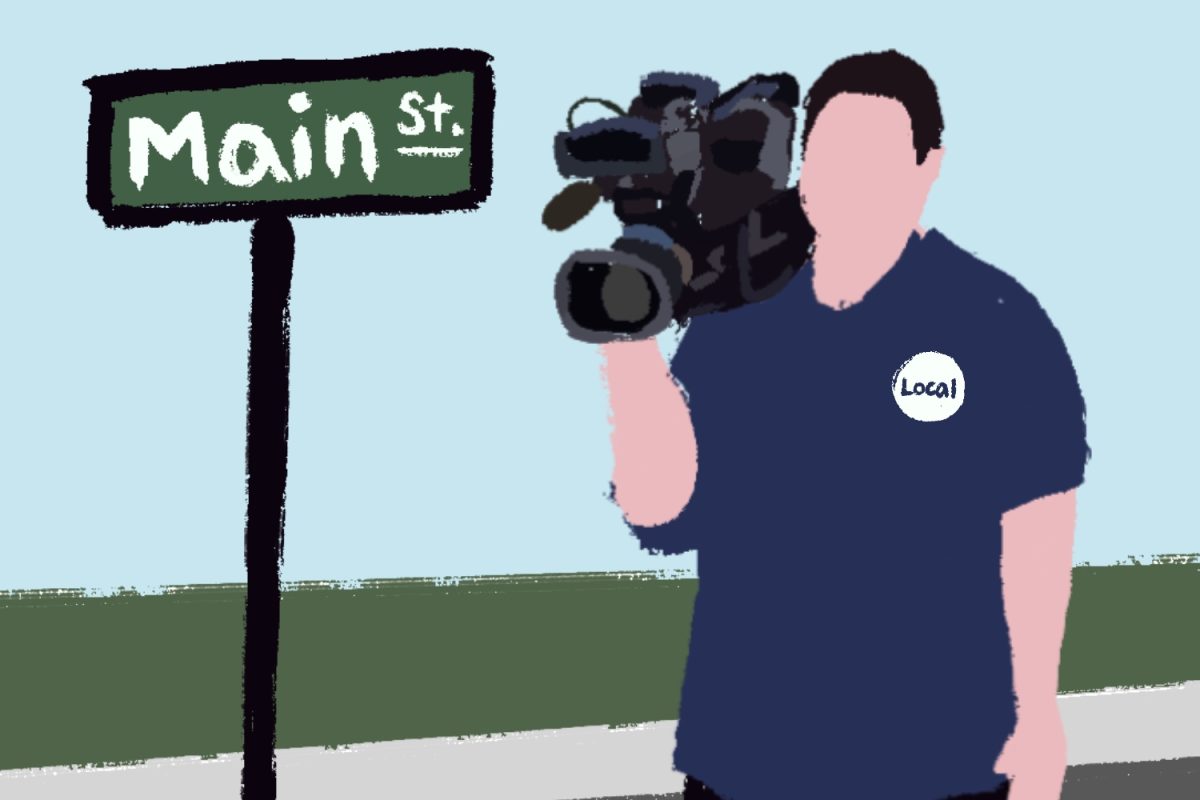Alongside social, political and public health unrest throughout the country, former President Franklin D. Roosevelt addressed the nation in his many “fireside chats” during the Great Depression, uniting Americans and easing their concerns. In 2020, there’s no better time for the resurgence of these addresses.
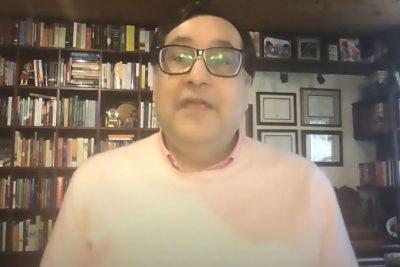
This year is projected to be the warmest or second-warmest year on record, according to estimates from Carbon Brief. Climate change is expected to affect all areas of the globe, and in some manners, it already has.
Boston University’s Alumni and Friends hosted an event Tuesday entitled “Facing the Realities of Climate Change,” in which deans from the School of Public Health and Frederick S. Pardee School of Global Studies discussed the economic and social repercussions of a changing global climate, while offering potential solutions.
Pardee Dean Adil Najam, who has written several papers on the subject, is a climate change scholar. Najam began the chat by contextualizing the issue of climate change — he said this is no longer a problem of the future, but instead a serious threat of the present.
“We already live today, now, in the age of adaptation, that we lie to ourselves, even if it’s comforting, when we try to talk as if climate is a future issue,” Najam said. “In some ways, [climate change] is knocking at our door and saying, ‘Guys, do something now because this will only keep becoming bigger.’”
Najam said carbon management, or the tracking and controlling of carbon emissions from burning fossil fuels, is no longer a solution. This mitigation strategy was used a few decades ago, Najam said, but now, a larger focus is on managing current impacts.
SPH Dean Sandro Galea said large societal sectors — what he calls “macro social drivers” — suffer from the impacts of climate change, including the economy, gender equality and politics.
The field of public health is expanding to encompass broader goals and definitions in confronting these environmental problems, Galea said.
“When one thinks about how public health used to be thought of, it was that there’s core functions of public, which is disease surveillance and intervening to reduce, to stop epidemics,” Galea said. “But in the past decade plus, there has been a growing movement … to recognize that the scope of public health is far greater than that.”
Galea said COVID-19 is an example of the connection between inequities exacerbated by policy and the existing health structures that also play a part.
“The national maladaptation to COVID, to use the term, comes not because of the virus,” Galea said, “it comes because of the combination of leadership, our public health infrastructure and our underlying health conditions.”
The discussion incorporated questions from webinar attendees, including one about climate skeptics who discount scientific evidence that climate change exists. Najam said this issue of disbelief is less about denying science and more about the attitudes in confronting the problem.
“There is a race between human knowledge and human wisdom,” Najam said. “We have the knowledge to solve the great problems. What we don’t necessarily demonstrate is the wisdom to be able to do so in time, and that’s because of arrogance.”
Alex Shores, a freshman in the College of Communication, wrote in an email he thinks these discussions are successful if they inspire even one student to take action.
“The point of hosting events discussing climate change at BU is not to come up with some grand plan that will revolutionize and save the world from climate change,” Shores wrote. “The point of discussing climate change in general is to see what difference each one of us can make in our own lives and in our local communities.”
Fireside chats have been a historical bastion of the American political system in times of crisis, pioneered by Roosevelt to communicate to masses of people during the Great Depression.
Shores wrote panels and chats can accomplish the same thing, empowering the individual by granting them the knowledge to take part in action against this crisis.
“To fight climate change, you don’t need to be an avid environmental protester, and you don’t have to go to college for an environmental science major,” Shores wrote. “Do [your] part, however you can.”

